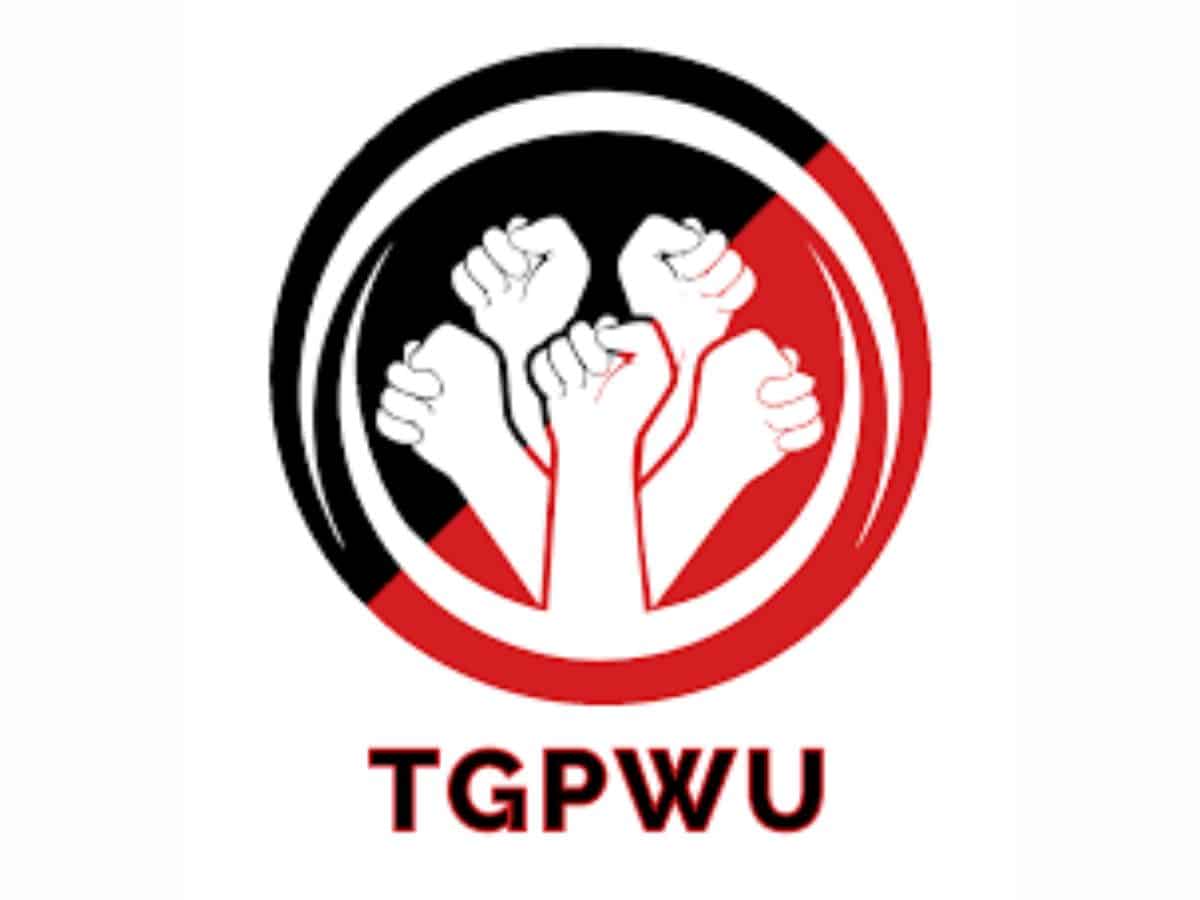
Hyderabad: The Telangana Gig and Platform Workers’ Union (TGPWU) has welcomed the recent announcement by Union Home Minister Amit Shah regarding the launch of the ‘Sahkar Taxi’ initiative, a cooperative-based ride-hailing service aimed at eliminating intermediaries and ensuring fair earnings for drivers.
TGPWU’s founder president, Shaik Salauddin stated, “We urge the government to ensure the swift and effective implementation of this initiative. Gig and platform workers have suffered from exploitative conditions for too long. A cooperative model can provide a fair alternative—one where workers set their own terms and benefit directly from their labor. We also call for the inclusion of existing worker unions and collectives in shaping the cooperative framework.”
The cooperative model proposed under the ‘Sahkar Taxi’ scheme is expected to enable drivers to have a democratic say in the governance of the service, ensuring decisions are made in the best interest of workers rather than external stakeholders.
Unlike conventional ride-hailing services, where algorithmic pricing and opaque policies often disadvantage drivers, a cooperative structure can offer greater stability and transparency in income and operations.
“The success of ‘Sahkar Taxi’ will depend on the inclusion of worker voices in decision-making processes. It is crucial that the cooperative remains independent of corporate influence and truly serves the interests of its members. TGPWU will closely monitor its implementation and will not hesitate to raise concerns if the initiative deviates from its objective of worker empowerment,” the union Shaik Salauddin in a press release.
75pc of gig workers prefer cooperative model for their welfare: Survey
In a recent survey conducted by TGPWU, 75 percent gig workers expressed high interest in joining cooperative societies that work towards their welfare.
According to the survey findings, gig workers are particularly interested in cooperative structures that provide essential services for their well-being. Healthcare services emerged as a top priority, with 33 percent of workers emphasizing the need for medical consultations, clinics, and ambulance services. Insurance support was another crucial demand, with 35 percent of workers seeking vehicle, medical, and accident insurance to safeguard against financial instability.
Additionally, 40 percent of respondents highlighted education support as a critical service, helping workers provide quality education for their children.
The survey also highlighted diverse opinions on the structure and functioning of worker unions. While 46 percent of workers believe unions should function independently, an equal percentage think unions should be affiliated with or part of another trade union. A smaller fraction, just 5 percent, felt that unions should be politically affiliated.
When asked about the effectiveness of different union structures, workers ranked independent unions and trade union-affiliated groups as the most effective in achieving key goals. Independent unions were viewed as particularly effective, with 43 percent of respondents stating they were the best at putting pressure on the government. Trade union-affiliated groups followed closely, with 38 percent believing they were effective in this role.
Similarly, 43 percent of workers felt independent unions were the best at promoting worker representation and participation, while 41 percent supported trade union-affiliated groups for this purpose.




